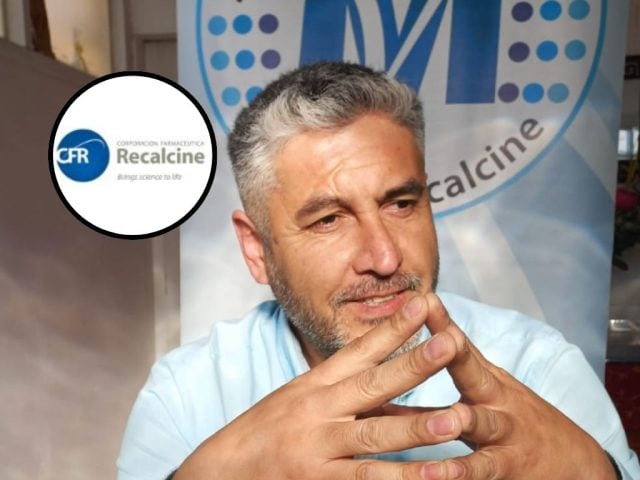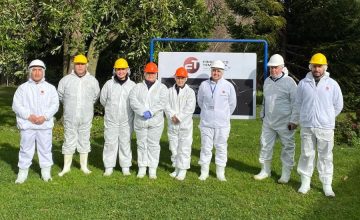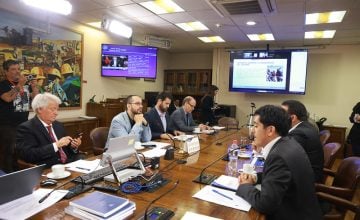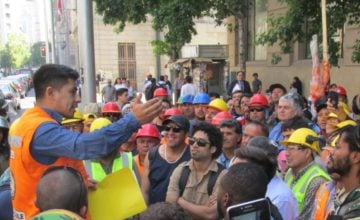Original article: Demanda por prácticas antisindicales: sindicato de Recalcine denuncia incumplimiento del contrato colectivo y negativa al diálogo
On October 22, the first Medical Representatives Union in Chile marks 14 years of its establishment. Despite facing numerous challenges, this labor organization has navigated five collective bargaining processes aimed at improving working conditions for nearly 600 employees, both directly and indirectly.
A key player in establishing multiple union organizations within the industry, consistently aiding their formation, founders of the first Guild Association in the sector, and active participants in discussions surrounding the Pharmaceutical Law 2, the Medical Representatives Union of Recalcine has been fundamental in advancing unionism in the pharmaceutical sector.
Furthermore, the union pioneered the exposure of exploitative business practices within laboratories, particularly relating to working hours that do not comply with legal standards, followed by strict clock-in and clock-out policies, especially considering that pharmaceutical sales workers are subject to the exception under Article 22.
However, they now face a new challenge: since September 2024, during the collective negotiations with Aquagestión, a subsidiary of Recalcine, the company has begun to implement a «systematic policy by the current administration aimed at diminishing the strength of the six union organizations within the company and their leaders,» claims Rafael Guzmán, president of the union, in a conversation with El Ciudadano to shed light on the current state of the company and its relationship with this historic union.
ーHow is this new policy manifested that you believe weakens the unions?
ーIn several ways, but specifically, we are dealing with anti-union practices that even threaten our assets. In February 2025, after signing our latest collective agreement, the company implemented a policy that bypasses labor law, allowing any worker to receive benefits without incurring the costs of an extension of benefits, which economically harms the union and undermines our mission.
ーWas there any outreach or explanations from the company regarding this measure?
ーThere were multiple unsuccessful meetings with HR management, but the company responded with fallacies, claiming that it was the only way to provide necessary working tools for their non-unionized employees, which is, of course, false, as the law provides for the extension of benefits, a practice they have utilized without issue for years.
The company violated the collective agreement, refused to negotiate, and left us no choice but to seek legal action to safeguard the interests and assets of our organization.
ーWhat is the background of the lawsuit?
ーIt seeks to halt the tools policy, impose exemplary sanctions on the company, require a public apology through media outlets in Chicago, and seek compensation for the damage caused to the labor organization. All of this is crucial because if these demands are not met, it will send a message that in Chile, legislative labor efforts mean nothing, as a company’s private policy can negate the extension of benefits and dissuade union membership and the very existence of the union and its collective negotiations.
ーHas this attitude from the company toward the union always existed?
ーSince the union was formed, the company has aimed to weaken us; even during its establishment, the current company lawyer, Agustín Eguiguren, only agreed to my reinstatement after a phone call from an inspector in Viña del Mar, who highlighted the potential legal consequences of failing to do so, following four months of workplace harassment and being dismissed for promoting the formation of our union.
Since our founding, the company has seen positive changes, including the acquisition by Abbott in 2014, but since the current administration took over five years ago, a covert policy has been set in motion that harms unions, diminishes their strength, and negatively affects their income, and this has now become very clear and explicit.
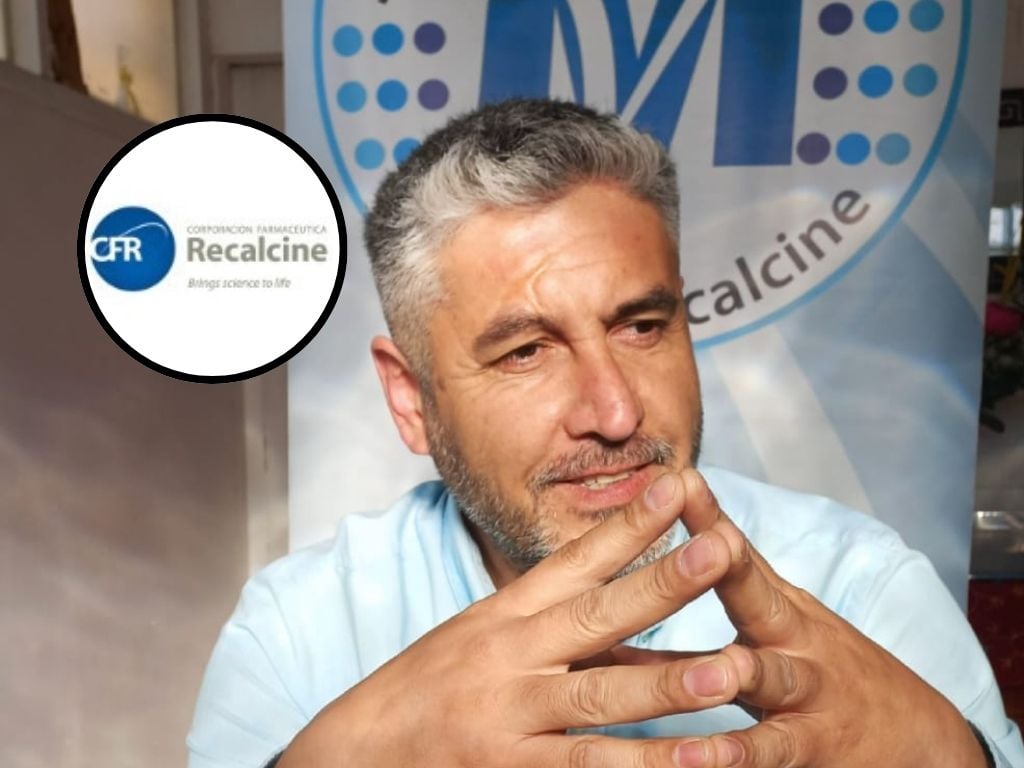
ーIs this animosity directed towards your union, or is it a common practice with other organizations?
ーThe situation is no different with other unions; some have opted to take the denunciation route, as seen with the reparative rest issue, where Union No. 1 has several inspections and fines issued against the company. However, they have judicialized these issues, leading them to decide to file a lawsuit through the federation FENATRAFAR, given that even when Abbott and its subsidiaries misused transit permits during the pandemic, risking the infection and even death of many workers to continue producing and selling medications to combat it, today, not only this one but practically the entire industry claims their participation was not significant.
ーDespite this, there is little information about the true role of medical representatives
-We know that there is limited public understanding of our work today, which can create a negative perception and the need for a better organization of our job. In response, we are taking concrete actions, collaboratively creating a legislative project that guarantees a performance primarily governed by healthcare needs rather than solely by the commercial interests of pharmaceutical companies. We are so committed to the well-being of Chileans that we aspire to be the first union in the country with a socially profitable pharmacy model that aims to provide medications at cost to the public.
ーHow do you envision your work during times when, as you say, there are negative views about your role?
ーWe project a fully positive outlook, under the conviction that pharmaceutical company sales forces are much more than mere vendors, as they play a crucial sanitary role in a chain that contributes to the well-being and health of the public, by delivering relevant and updated technical/scientific information, continuously contributing to ongoing education, in pharmacovigilance processes, or addressing domestic issues, like stock depletion at sales points, vital information that prescribers need to be aware of.
This work is silent yet essential, which we hope to bring to light in any future legislative process.
